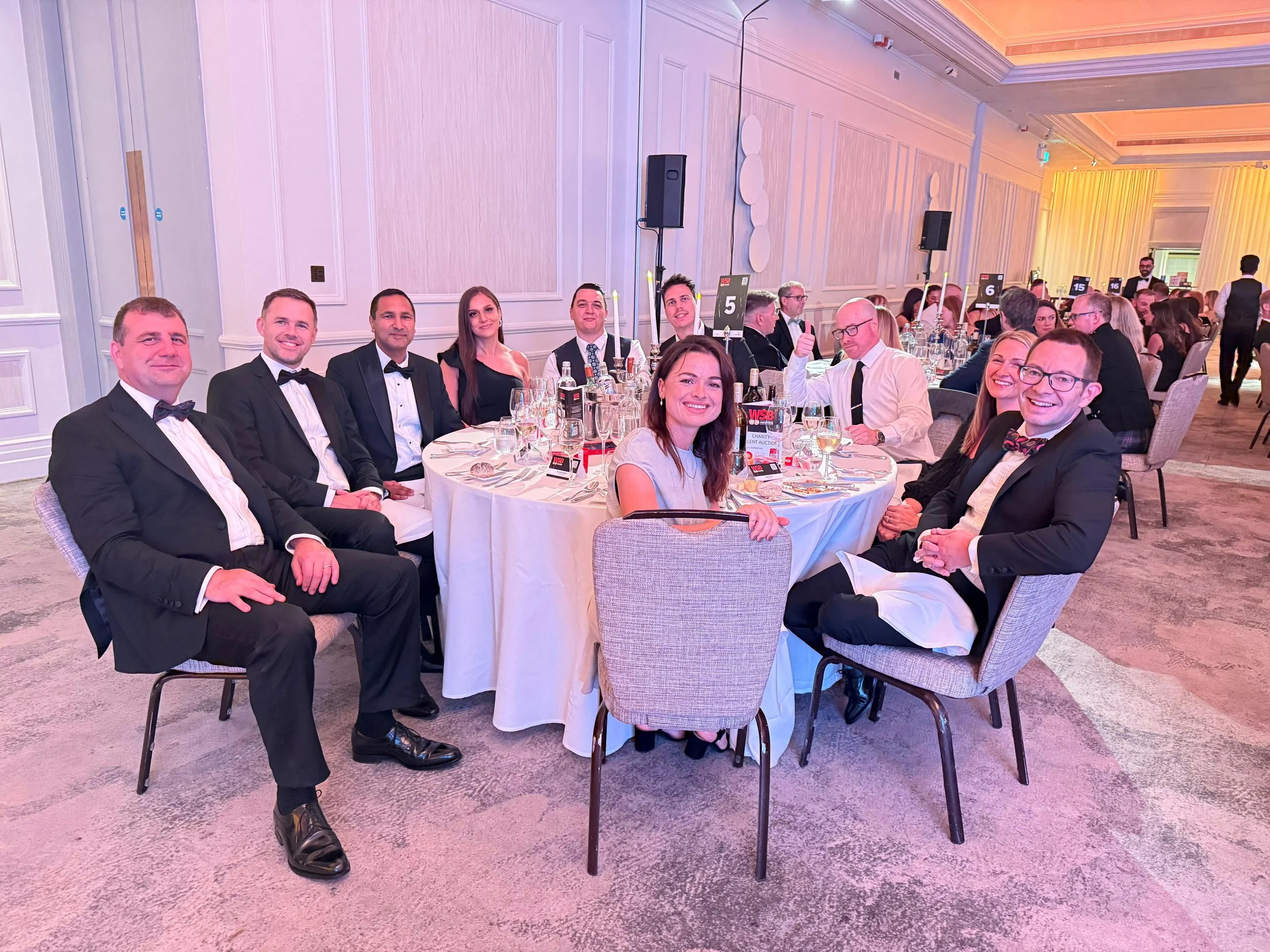Winners: human-first innovation
In a world where workplace wellbeing is often shaped by AI, automation and self-serve apps, last week First Bus won the Best Benefits Strategy / Innovation of the Year for training 300 of their on-the-ground team to become Money First Aiders.
This award is a reminder that not all innovation is digital. Sometimes, the boldest step forward is putting people back at the centre.
Why human-first can still be innovative
Financial challenges are deeply personal. A chatbot or platform might provide information, but when someone is struggling, what they often need most is a safe, supportive conversation.
That’s why First Bus invested in training 300 managers, mental health first aiders and wellbeing champions across 60 depots to become certified Money First Aiders®.
These colleagues are now equipped to:
Understand financial challenges and spot the early signs of financial distress
Have stigma-free, compassionate conversations about money
Signpost to free and credible support including workplace benefits that already exist but are often misunderstood or underused
“We have a robust financial wellbeing suite, but it relies on individuals knowing about it and diagnosing their own needs,” explains Gareth Hind, Director of Colleague Experience and Relations at First Bus. “Money First Aid helps bridge that gap by educating and upskilling a group of people who can signpost colleagues to the support available. It’s about peers guiding and supporting each other, which is incredibly impactful.”
Going beyond traditional financial education
When we think of financial wellbeing, the conversation often focuses on pensions, budgeting or discount schemes. But real life is far more complex.
Money First Aid addresses the tougher issues that many of us face at some point in life:
Gambling, addiction and financial scams
Financial abuse and relationship breakdown
Illness, bereavement and separation
Family planning and caring responsibilities
“It’s stigma-breaking, emotionally intelligent, and rooted in real life,” says Gareth. “The peer-to-peer aspect is transformative. By having open conversations, we create a culture where seeking financial guidance is normalised.”
By tackling these often-taboo subjects, the programme makes it easier for employees to seek help early before stress escalates into absence, burnout, or even leaving the organisation.
Built for real-world teams
The programme is CPD-certified, fully online and self-paced, so it works for employees in every role, location and shift pattern. Importantly, the training doesn’t end when the course does. Every Money First Aider® joins a UK-wide community, sharing insights, challenges and best practice across industries.
The results speak for themselves: Money First Aiders have already supported colleagues in 1,260 conversations in just one year since launch
“For a modest cost, the training delivers tremendous value,” Gareth adds. “It’s a movement, not a module.”
Scaling empathy, not just processes
Tech-driven wellbeing solutions often scale efficiently, but they rely on people recognising their own problems and navigating support on their own. Money First Aid flips this.
Instead of scale through automation, it creates scale through empathy. Every trained Money First Aider® becomes a trusted point of contact, building a ripple of awareness, prevention and trust across the business.
“This initiative makes financial wellbeing visible, local and human,” Gareth explains. “It doesn’t just improve benefits uptake. It creates a ripple of trust and prevention across our business.”
Reflection for employers
For leaders and HR professionals, the lesson here is clear: innovation doesn’t always mean more tech. Sometimes it’s about unlocking the power of human connection. If you’re reviewing your own financial wellbeing strategy, ask yourself:
Are we relying too heavily on apps and platforms for support?
Do our employees have someone they trust to talk to when financial stress hits?
Are we addressing real-life money challenges?
How can we create a culture where money conversations are normalised?
These are the questions that can transform a benefits strategy from a list of tools into a living, breathing culture of support.
Contact us to train members of your team.

